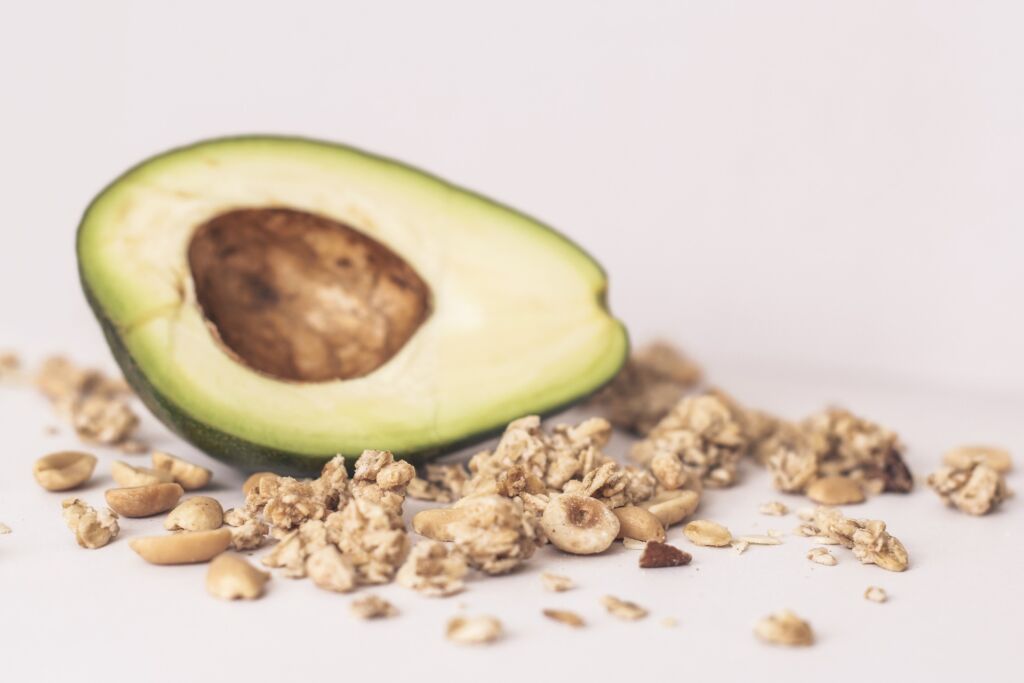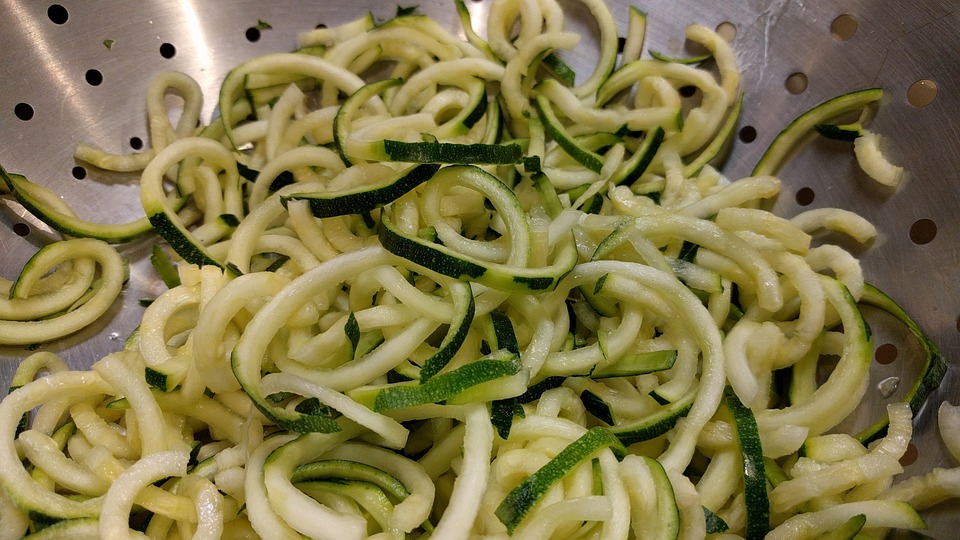“Ketogenic Craze: The Lowdown on the Keto Diet”
The ketogenic diet, or simply “keto” for short, is a high-fat, moderate-protein, and very low-carbohydrate diet that has been gaining popularity in recent years. The idea behind the diet is to force the body into a state of ketosis, where it burns fat for fuel instead of carbohydrates.
One of the main reasons for the keto diet’s popularity is its potential for weight loss. When the body is in a state of ketosis, it is able to burn stored fat as energy, which can lead to significant weight loss. Additionally, the keto diet may also improve blood sugar control and decrease the risk of certain diseases, such as type 2 diabetes and epilepsy.
The keto diet is also thought to be good for athletes, it might help improve endurance and increase muscle mass. However, it’s important to note that the diet can be difficult to follow for athletes and may not be suitable for all types of sports or physical activities.

It is also important to mention that the keto diet can be very hard to follow and may not be suitable for everyone. Some people may experience negative side effects such as constipation, fatigue, and bad breath. The diet can also be difficult to stick to for a long time, and it may be hard to maintain any weight loss achieved.
The keto diet is basically eating large amounts of healthy fats, moderate amounts of protein, and very few carbohydrates. Foods such as meat, fish, eggs, non-starchy vegetables, and healthy fats like avocado, olive oil, and nuts are allowed, while grains, fruits, beans, and most processed foods are off-limits.

When it comes to alcohol, it’s allowed in small amounts on the keto diet, but it’s important to know that most beers and sweet wines are high in carbohydrates and should be avoided. Clear spirits such as vodka, gin, and whiskey are typically low in carbs, while dry wines, coffee, and tea are also allowed.
So the keto diet can be an effective way to lose weight and improve certain health markers, but it’s not without its drawbacks. Just like any other diet, it’s important to consult with a healthcare professional first before starting and to carefully consider whether it’s the right choice for you.


